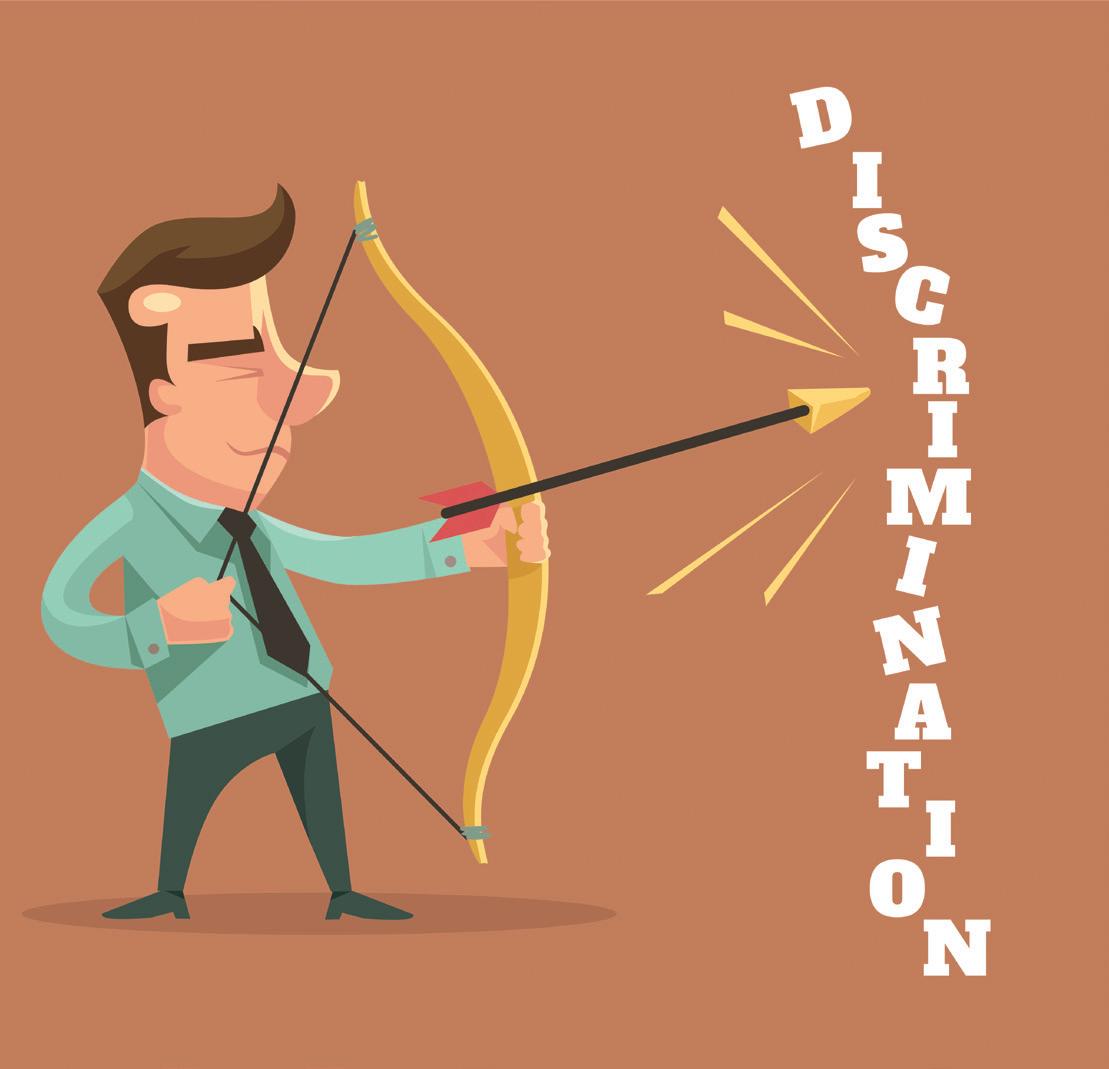
4 minute read
MAY CONTINUING LEGAL EDUCATION
*All CLE, Section Meetings Held Via Zoom
*InquIrE aBout our nEW CLE auDIt PrICIng avaILaBLE!
Advertisement
Thurs. May 20 | Noon-1pm | 1.0 Prof Conduct Hr Video Replay: Discplinary Decision and the Sanctions Lawyer
Presenters, DBA Bar Counsel, John M. Ruffolo Esq. and Dave C. Greer Esq. cover Professionalism and Recent Advisory Opinions.
Agenda:
Traveling The Respondent’s Weary Road 1. A touch of history 2. A condensed view of the process 3. Disciplinary case vs cases in court or arbitration a. The Respondent’s perspective b. The perspective of the Respondent’s lawyer 4. The art of the comeback a. Roads of no return b. Greetings for the prodigal son or daughter
John M. Ruffolo Esq. DBA Bar Counsel Ruffolo Stone & Stone
Dave C. Greer Esq. Partner Bieser Greer & Landis LLP
Tues. May 25 | Noon-1pm | 1.0 Prof Conduct Hr Part 3 of 3 Part DBA CLE Mindful Health & Wellness CLE Series! [In]sight for Sore Eyes: Recharging "Mentally"
This final installment to the three part series will explore areas that should not be ignored. Struggling with separating work from home (literally!) and finding that coping mechanisms have either vanished or alternately, flooded over you? We can only imagine a stressful profession increases what society is already feeling. COVID-19 turning into COVID-21 calls for self-reflection. We don’t want client relationships to suffer!

uPDatEs to onLInE sELf-stuDy CLE
Did you know?
Due to COVID-19, the Supreme Court of Ohio has waived the cap on self-study courses, including webinars. All Judges, Magistrates and Attorneys Can Complete ALL CLE Credits ONLINE
For more information, visit: supremecourt.ohio.gov/AttySvcs/CLE/ To register for Self-Study CLE, visit: daybar.ce21.com/
Employment Litigators and Employers Welcome A Change to Ohio’s Employment Laws

On April 15, 2021, the Employment Law Uniformity Act (“ELUA” or the “Act”) took effect. The Act (H.B.352) provides simplification and clarification of Ohio’s anti-discrimination statute, Ohio Revised Code Section 4122. The ELUA harmonizes Ohio’s anti-discrimination law with its federal counterparts. Among its key reforms, the ELUA:
• Institutes a two-year statute of limitations for all employment discrimination claims. • Requires individuals to file an administrative charge of discrimination with the Ohio Civil Rights Commission (OCRC) as prerequisite to filing a discrimination lawsuit in court. • Eliminates personal liability for supervisors and managers. • Affords an affirmative defense to certain harassment claims to employers who can show that they took reasonable and appropriate action to prevent and properly correct the sexually harassing behavior and that the claimant unreasonably failed to take advantage of the preventative or corrective opportunities provided by the employer. • Unifies the filing of age discrimination claims to the same procedures and remedies for all other protected classes.
There had been several prior attempts to fix the perceived errors in Ohio’s anti-discrimination laws, but all had succumbed to a legislative demise. The changes in the ELUA have been in the making for over 20 years.
Previously, Ohio’s anti-discrimination legal framework was often confusing and far-reaching. The previous law did not have any filing prerequisites with the OCRC, the state’s civil rights agency. Claims against employers could be made for up to six years after the discriminatory action took place, which was the longest statute of limitations of any state in the country. The previous law also contained four different ways for employees to file age discrimination claims, each with different remedies and filing deadlines. Managers and supervisors could also be he held personally liable for statutory discrimination under the previous law. Moreover, no affirmative defense for an employer’s good faith efforts to stop workplace harassment was available under the law. The ELUA changes all of this.
Although the ELUA reduces the statute of limitations from six years to two years, it also increases the time to file a charge of discrimination with the OCRC from 180 days to two years. The new law mirrors federal requirements in which an employee must exhaust administrative remedies by first filing a discrimination chare with the OCRC before filing a civil lawsuit in state court. The statute of limitations to file a civil claim will be tolled while the claim is investigated by the OCRC. If a claimant dual files their charge with the U.S. Equal Employment Opportunity Commission (EEOC) and obtains a right to sue notice from the EEOC or if a claimant pursues solely injunctive relief, they will be able to bypass the OCRC.
New procedures at the OCRC allow a charging party to request an immediate right to sue notice if a charge has been pending for at least 60 days. The ELUA also encourages the early resolution of charges before the OCRC. Parties may elect to mediate the charge at the OCRC, with the hope of avoiding litigation. Although the OCRC’s mediation process has been in place for a while, the ELUA prioritizes conciliation for all charges, allowing for more efficient resolution of claims.
Under the ELUA, supervisors, managers, and co-workers have greater protection from discrimination liability. This change should allow members of management to exercise reasonable business judgment regarding employee discipline and termination without the threat of being sued. While they can no longer be held personally liable for the alleged employment discrimination when they are acting in the interest of an employer, there is an exception if the supervisor or manager is also the employer. Additionally, the ELUA does not










